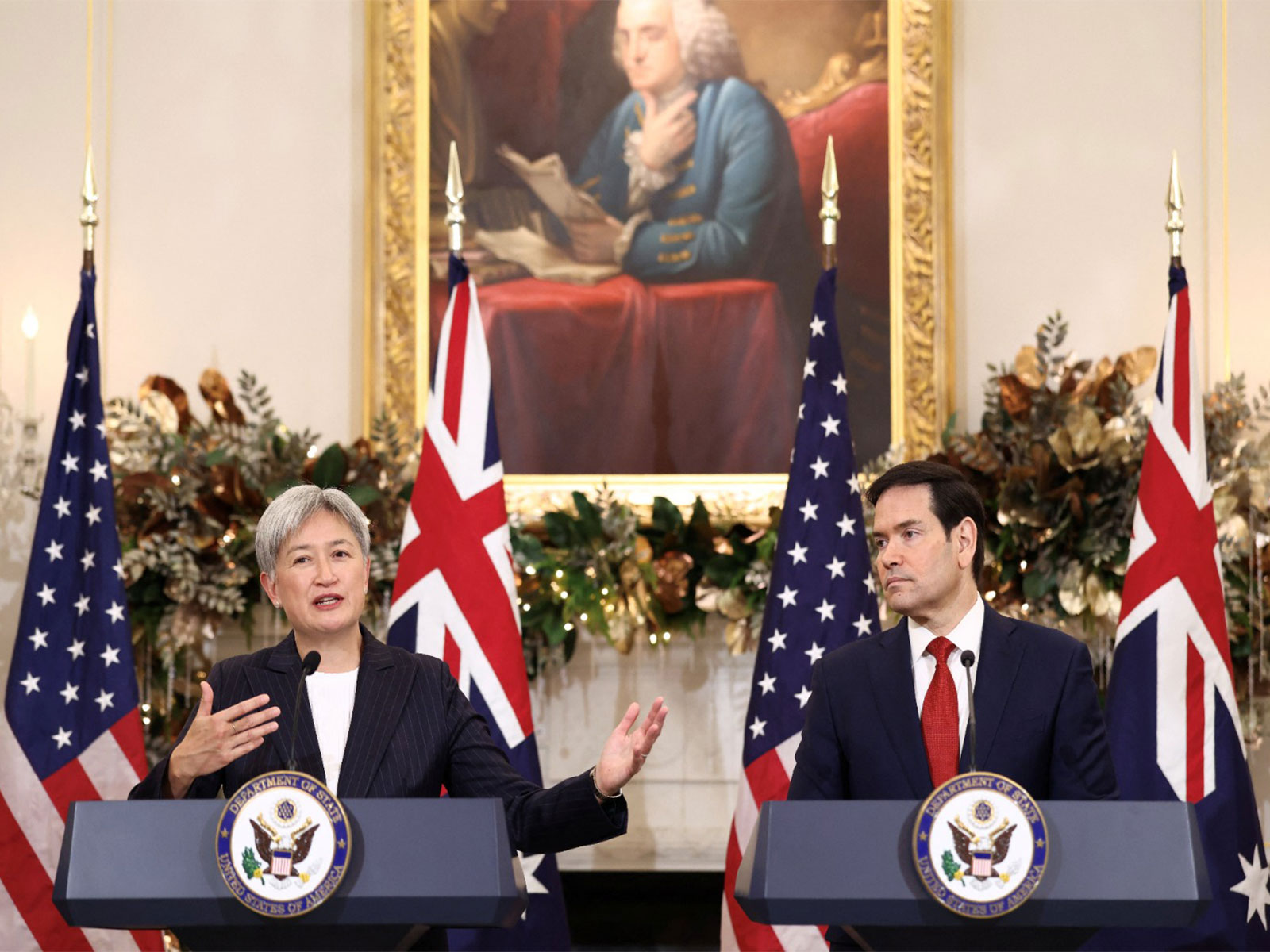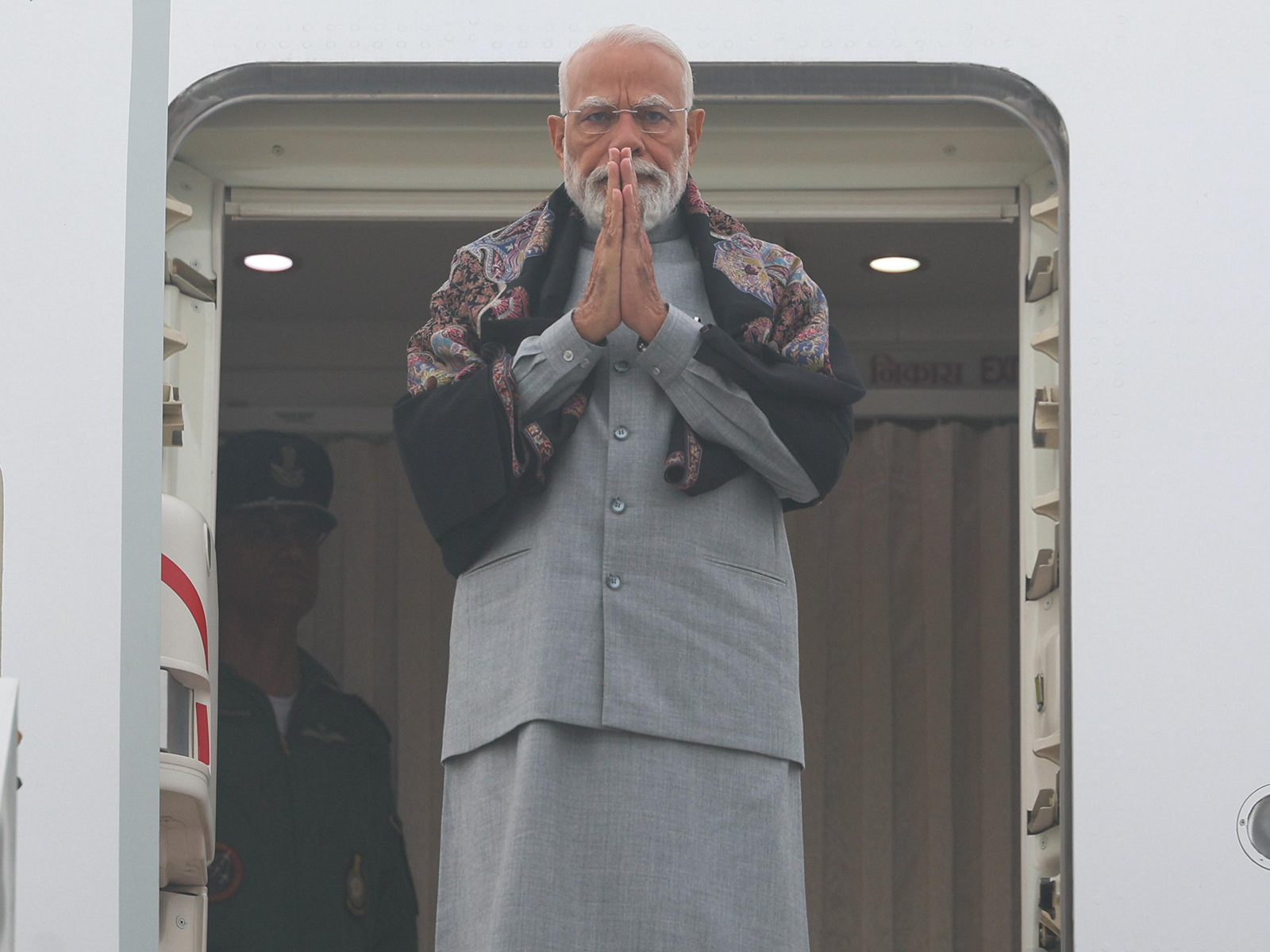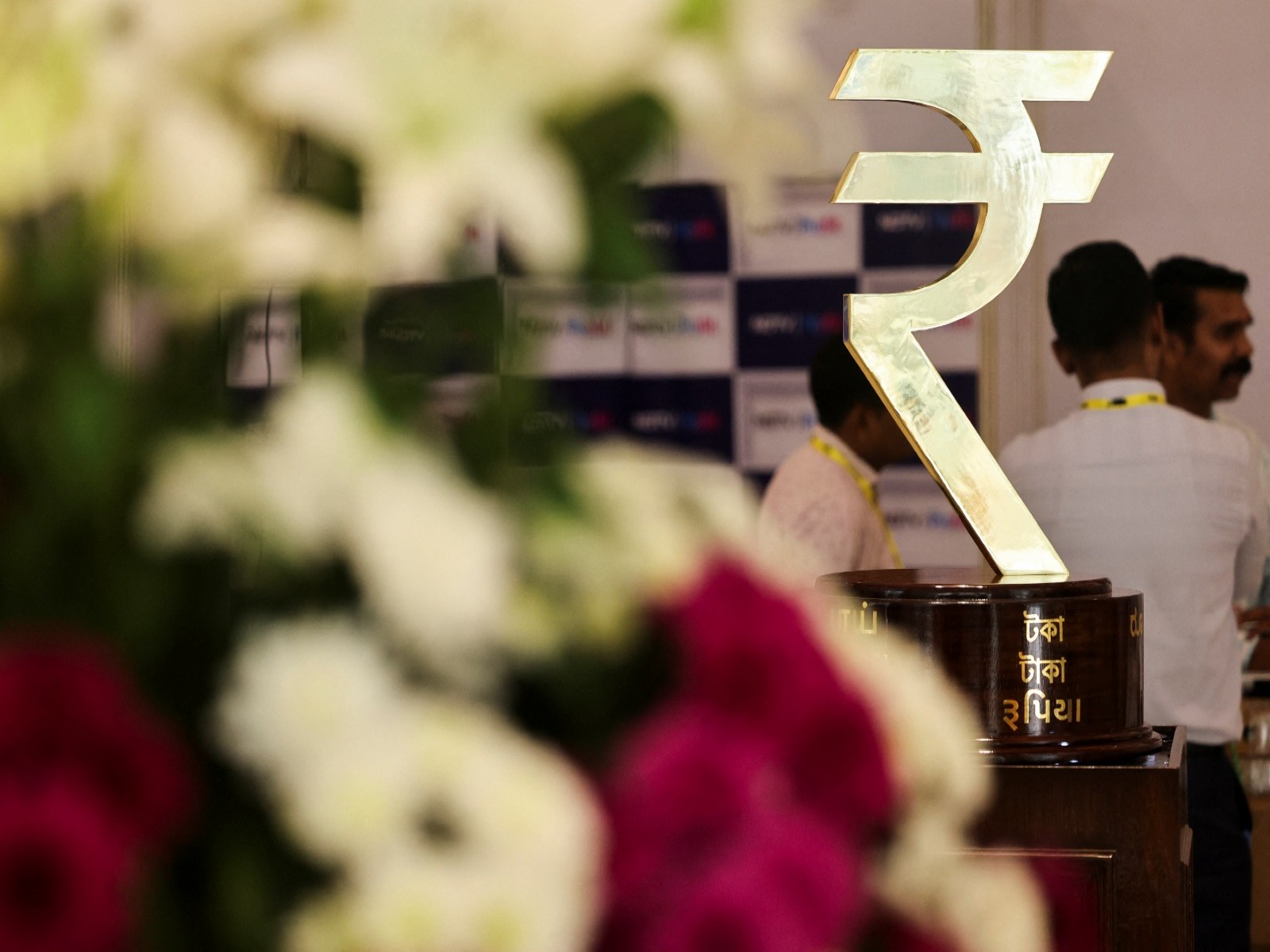China's prominent business analysts' subject to social media restrictions: Report
Dec 22, 2023

Beijing [China], December 22 : To silence critics of the ailing economy, prominent Chinese business analysts' social media accounts have been restricted.
Some of China's most prominent analysts have been subjected to social media restrictions, designed to restrict their ability to comment on the country's ailing stock markets and struggling economy, reported CNN.
China's ruling Communist Party limits free speech and does not allow direct criticism. In January 2023, the country suspended or closed more than 1,000 social media accounts that criticized the government's COVID-19 policies.
At least six analysts are unable to upload new posts or gain new followers on popular social networking platforms, according to their account pages reviewed by CNN.
One of them is Liu Jipeng, an advisor to the Chinese government, who recently asked retail investors in the country to refrain from investing in the stock market. He has not posted on social media since early December and users can no longer follow his accounts, following the restrictions imposed on his account.
Moreover, when CNN tried to follow his accounts on short-video app Douyin and news aggregator app Toutiao, they read, "This user can't be followed due to violations of the platform's rules."
Reportedly, Chinese social media is known to silence critics because business experts are known to air candid views on China's economy, CNN reported.
Notably, this has coincided with a major conference hosted by Chinese President Xi Jinping earlier this month to discuss economic targets and policies for next year.
The ruling Communist Party decided that it should "strengthen economic propaganda and public opinion guidance and promote a positive narrative about the bright prospects of the Chinese economy," a readout of the meeting stated, reported CNN.
The National Security Ministry, a body that has gained further importance during Xi's 11 years in power, has also stepped up efforts to quash pessimistic opinions about China's economic future, especially from those who have "ulterior motives."
In a statement last week, the ministry highlighted that badmouthing the economy would disrupt market expectations and hurt growth, thus jeopardising security, according to CNN.
"The economy is in a tailspin and the Xi Jinping leadership is clueless... So the response is 'to kill the messenger that brings the good news' or just to keep them quiet," said Willy Lam, senior fellow of the Jamestown Foundation, a Washington-based think tank.
"Beijing fears that more naysayers spreading negative sentiments will further drive down the confidence of consumers," he added.
Meanwhile, among other challenges, Chinese policymakers are now grappling with the threat of deflation.
According to CNN, consumer prices witnessed their biggest fall since the depths of the pandemic three years ago in November, suggesting weakening domestic demand.
But a lack of transparency in the Chinese economy might deter global investors further, according to the analysts.
Meanwhile, the latest data from the Ministry of Commerce showed that the main measure of foreign direct investment in China fell to its lowest level in nearly four years in November, reported CNN.
"The more the Chinese government censors critical economic analysis of China, the more Western investors worry about the state of the Chinese economy," said Steve Tsang, a professor and director of the China Institute at SOAS University of London.
Moreover, the Chinese stock markets are among the worst performers in the world this year. The benchmark Shanghai Composite Index has fallen 5.7 per cent, while the tech-heavy Shenzhen Component Index has lost 16 per cent.




















